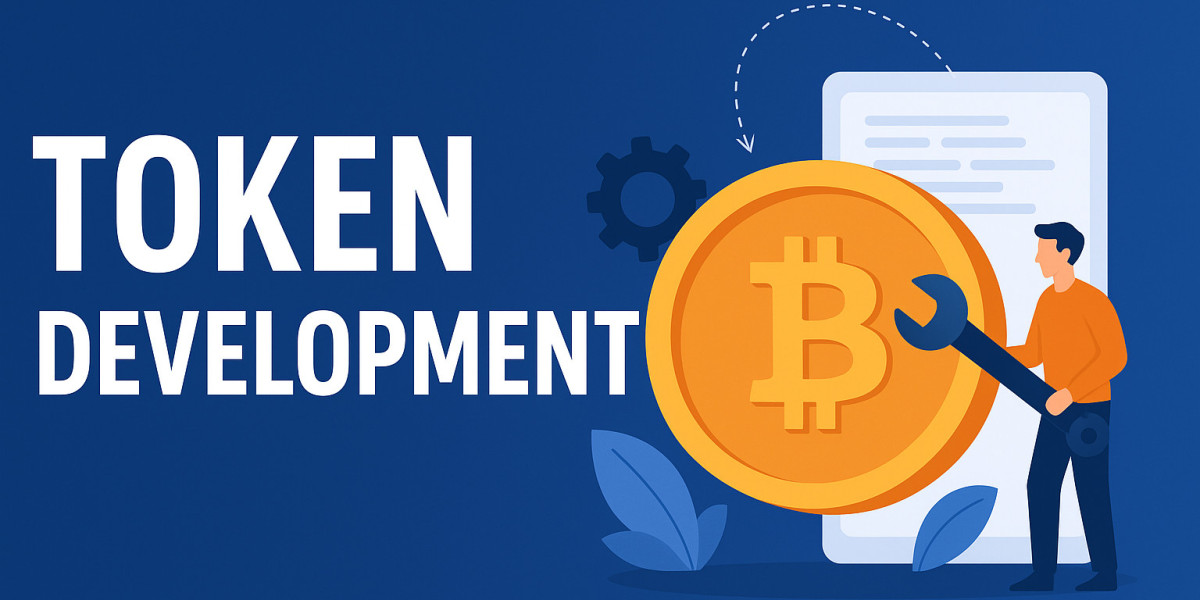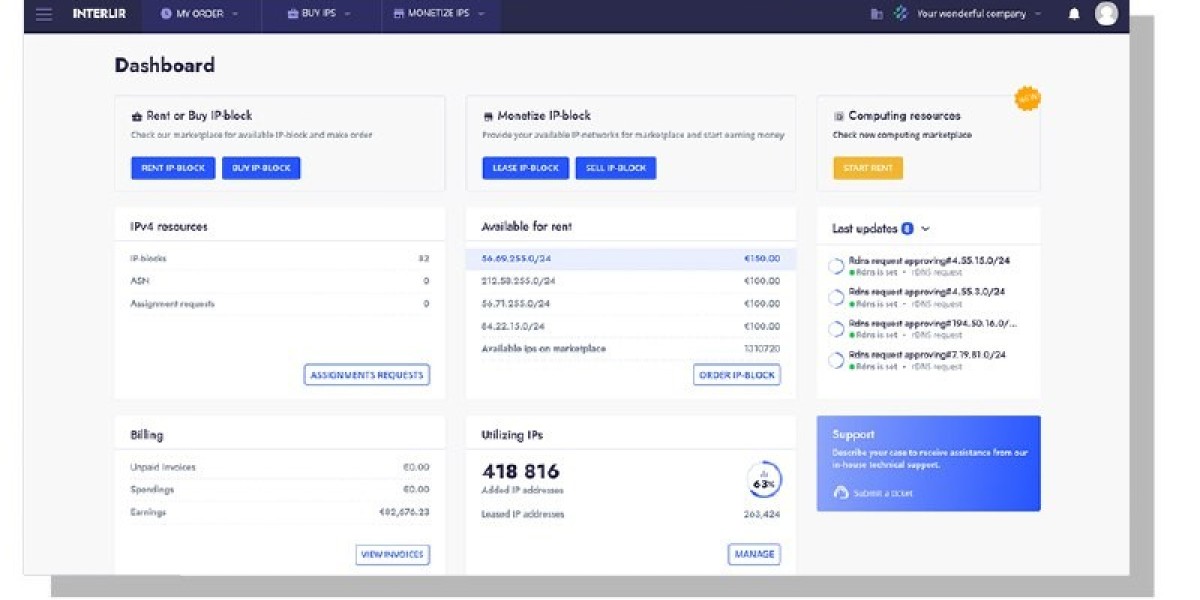In the rapidly evolving digital economy, utility tokens have become a fundamental tool for startups seeking to engage communities, fund innovation, and unlock novel business models. Utility tokens grant access to products or services within a network rather than serving as investment contracts or securities. They empower users by offering functionality within platforms—such as granting access to features, voting rights, or participating in events. For emerging startups, understanding the full lifecycle of utility token creation is critical: from design and legal compliance, through technical implementation, to ensuring long-term sustainability. This guide outlines the essential stages and considerations in utility token development, helping entrepreneurs, developers, and stakeholders navigate the process with clarity and confidence.
What Is a Utility Token
A utility token is a digital asset designed to provide holders with access to a product or service within a platform rather than ownership or financial returns. It functions as a medium of interaction, a tool to drive participation, or an incentive mechanism. Startups often use utility tokens to engage users, reward behavior, or create decentralized governance systems. Carefully distinguishing utility tokens from securities is important to avoid regulatory risks.
Functionality over speculation: Tokens should deliver specific utility such as access to features, community roles, or rewards—rather than being marketed as profit-generating investments. This distinction helps maintain compliance with many jurisdictional regulations.
User experience and value proposition: The token must solve real problems or meet real needs within the platform; if it lacks tangible use, adoption will likely suffer. Connecting utility to user needs ensures meaningful engagement.
Token economy alignment: The supply, distribution, and incentives should align with project goals—whether those are growth, sustainability, or network effects. Balanced design prevents misuse or inflation.
Clarity in token metadata and documentation: Transparent description of the token’s purpose, functionality, and limitations fosters trust among users, regulators and partners.
Key Components in Utility Token Design
Crafting a robust utility token requires defining its architecture, economics, and governance. Startups must think beyond basics adequate planning ensures that the token contributes to long-term project health rather than being a short-lived gimmick. Selecting a credible token development company can also help: such partners bring expertise in structuring emission schedules, handling vesting periods, and ensuring technical audits.
Tokenomics and emission schedule: Determine total supply, rate or schedule of release (such as front-loaded or phased), and mechanisms to burn or reinvest tokens. Proper emission ensures stability.
Governance models: Decide how decisions (upgrades, feature additions, protocol changes) will be made: via token holders, committees, or hybrid models. Good governance fosters transparency and alignment.
Incentive structures: Design rewards for early adopters, staking, referrals or contributions. Well-designed incentives promote user growth, retention and positive behavior in the ecosystem.
Distribution strategy: Plan for initial distribution, allocation to core team, community rewards, advisors, or token sale. A reliable token development company can help align allocations with long-term growth rather than immediate benefit.
Regulatory Considerations for Utility Tokens
Startups must understand regulations to prevent legal liabilities. Laws differ by country, and misclassifying a utility token as a security can lead to enforcement actions. Consulting legal experts and seeking opinions early in the process is essential. Regulators often evaluate economic substance over labels, so design decisions should reflect the token’s utility in practice.
Securities laws and tests: Many regulators apply tests (e.g., Howey-type frameworks) to determine whether a token constitutes a financial instrument. If returns are expected from a third party, classification as a security becomes more likely.
Consumer protection & data privacy: Token holders often provide personal data; compliance with GDPR, CCPA or other frameworks is required. Additionally, consumer rights may apply in transactional settings.
Anti-money laundering (AML) and Know Your Customer (KYC): Token sales or large token movements may require identity verification and monitoring. Ensuring AML/KYC procedures preserves legitimacy and avoids sanctions.
Tax implications: Token issuance, transfers, usage and rewards may trigger tax liabilities for both the startup and token holders. Early tax planning avoids surprise burdens.
Technical Architecture and Smart Contracts
The core of utility token implementation lies in smart contract development and platform selection. Choices made here affect security, scalability and compatibility. Working with blockchain platforms with mature tooling, extensive audits and strong developer communities reduces risk.
Platform selection: Evaluate chains like Ethereum, Binance Smart Chain, Solana, or layer-2 solutions. Consider transaction costs, scalability, smart contract language support and ecosystem maturity.
Smart contract security: Conduct thorough audits, employ well-established libraries, avoid deprecated code. Security vulnerabilities on contract level can lead to token theft or protocol breakdowns.
Interoperability and standards: Use standards such as ERC-20 or ERC-721 (or equivalents) to ensure wallet support, exchange integration and developer familiarity. Interoperability enhances liquidity and adoption.
Upgradability and maintenance: Decide whether contracts should be immutable or allow for safe upgrades. Governance of upgrades, migration paths, and test environments must be built into the roadmap.
Choosing the Right Token Development Company
Selecting a partner for token development is one of the most important decisions for a startup launching utility tokens. A proficient token development company not only builds smart contracts, but also guides design, security protocols, compliance and long-term strategy. Proper partnership accelerates development and reduces avoidable errors.
Expertise and track record: Review prior projects, case studies, audit outcomes. Good token development company shows evidence of delivering secure, compliant token solutions across different industries.
End-to-end services: Choose companies that handle technical implementation, legal advisory, token design, marketing support and ongoing maintenance. Integrated service reduces friction among components.
Transparent communication and documentation: From whitepaper and technical specs to audit reports and governance policies, clarity matters. A professional token development company keeps stakeholders informed at every step.
Cost, timelines and support: Evaluate quotations, milestone schedules, bug fix policies, and post-deployment support. Reliable partners provide realistic estimates and assist throughout the growing phased deployment.
Conclusion
Utility token development demands a combination of strategic design, legal compliance, technical precision, and partner selection. Startups must ensure their token genuinely delivers utility, maintains transparent governance, and operates within regulatory boundaries. By embedding proper tokenomics, selecting secure platforms, and engaging a trustworthy token development company, emerging projects can establish robust ecosystems and sustainable growth. End-to-end diligence from concept to launch and beyond is what distinguishes successful utility token initiatives from those that falter.







